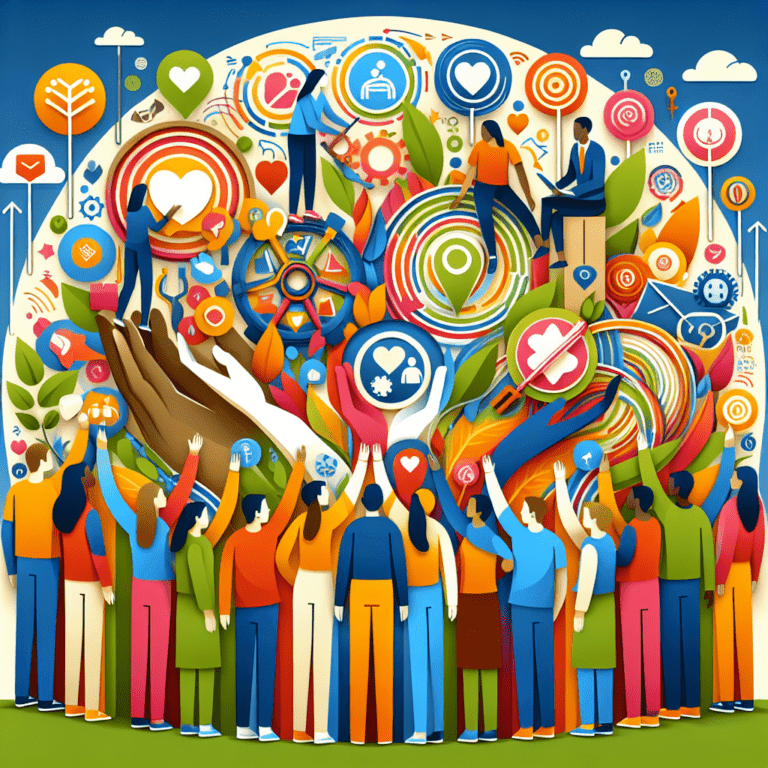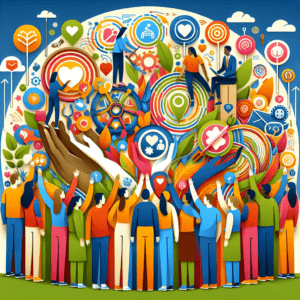Empowering Students Through Community Engagement: The Impact of Service Learning Programs
In recent years, educational institutions have recognized the profound impact of service learning programs on student development. Service learning, which combines community service with academic instruction, fosters a sense of civic responsibility and enhances the educational experience. These programs create opportunities for students to connect classroom knowledge with real-world challenges, cultivating skills that extend beyond traditional learning.
Service learning programs bring students into direct contact with community needs, allowing them to apply theoretical knowledge in practical settings. For instance, a student studying environmental science may participate in a community cleanup event, gaining hands-on experience while simultaneously contributing to local ecological health. This kind of engagement not only reinforces academic concepts but also helps students understand the real-life implications of their studies.
One of the significant benefits of service learning is the development of critical skills that are essential for personal and professional growth. Through community engagement, students learn teamwork, leadership, and effective communication. They are often placed in collaborative environments where they must work closely with their peers and community members, fostering interpersonal skills that are crucial in today’s collaborative workplaces. Additionally, these experiences build resilience and adaptability as students confront various challenges outside their typical academic settings.
Moreover, service learning programs cultivate empathy and awareness of social issues. Students engage with diverse populations and gain insights into the complexities of societal challenges. By working to address community needs—from homelessness and education to health disparities—students develop a deeper understanding of their own roles as citizens and future leaders. This awareness promotes social responsibility, encouraging students to think critically about their impact on the world.
Educational institutions implementing service learning often witness an increase in student motivation and engagement. When students see the relevance of their work and understand how they can make a difference, they are more likely to stay committed to their studies. This connection between academic content and community service empowers students, enhancing their overall educational experience and inspiring a lifelong commitment to civic involvement.
Faculty and schools also benefit from incorporating service learning into their curricula. These programs can enrich academic offerings and promote a culture of community-oriented education. Educators often find that students participating in service learning contribute to a positive classroom environment, displaying increased collaboration and respect for diverse perspectives. Instructors can also use students’ community service experiences as teaching tools, bridging gaps between theoretical concepts and practical applications.
Partnerships between educational institutions and community organizations form the backbone of successful service learning programs. These collaborations not only provide students with authentic service opportunities but also enable community organizations to benefit from the skills and energy of young people. Such partnerships encourage shared learning and mutual growth, fostering a sense of belonging that strengthens community ties.
In conclusion, service learning programs significantly empower students through community engagement. By combining academic studies with meaningful service, students gain valuable skills, a deeper understanding of societal issues, and a heightened sense of civic responsibility. As educational institutions continue to promote service learning initiatives, they are not only nurturing the next generation of informed and engaged citizens but also contributing to the long-term health of their communities. Through these programs, students are not just learners but active participants in shaping a better world around them.







